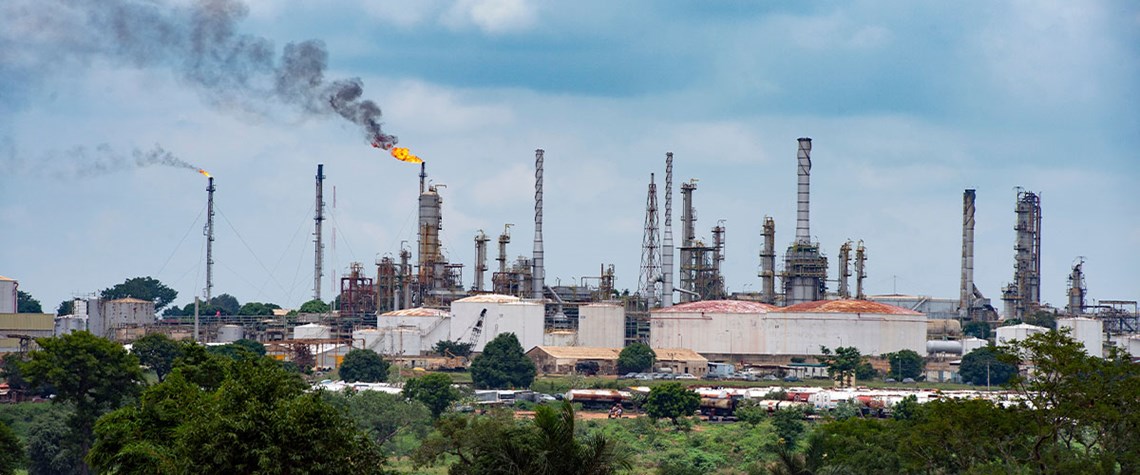Nigeria adapts to end of fuel subsidies
The withdrawal of discounts has already severely impacted domestic product demand and bolstered long-stalled refinery refurbishment projects
Nigeria relies heavily on imports for most of its refined fuels due to the prolonged neglect that led to the closure of local refineries. Until the removal of subsidies this year, the cost of providing discounted fuels was enormous. NNPC expended a staggering NGN4.39t ($5.3b) on petroleum subsidies in 2022, equating to an expenditure of more than NGN365b per month. At the same time, although the country’s oil production is gradually rebounding, it continues to be hindered by crude theft and pipeline vandalism. Statistics indicate that 48.6% of Nigerians relied on generators as of December 2021, although this figure decreased to 40% in 2022, representing approximately 60m people, according to

Also in this section
24 July 2025
The reaction to proposed sanctions on Russian oil buyers has been muted, suggesting trader fatigue with Trump’s frequent bold and erratic threats
24 July 2025
Trump energy policies and changing consumer trends to upend oil supply and demand
24 July 2025
Despite significant crude projections over the next five years, Latin America’s largest economy could be forced to start importing unless action is taken
23 July 2025
The country’s energy minister explains in an exclusive interview how the country is taking a pragmatic and far-sighted approach to energy security and why he has great confidence in its oil sector








